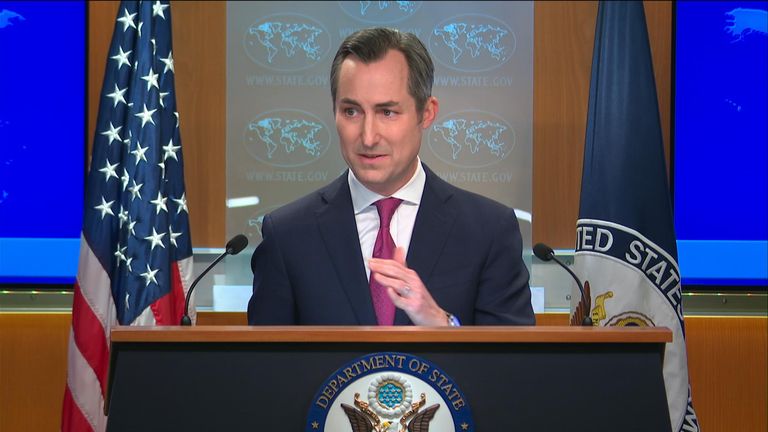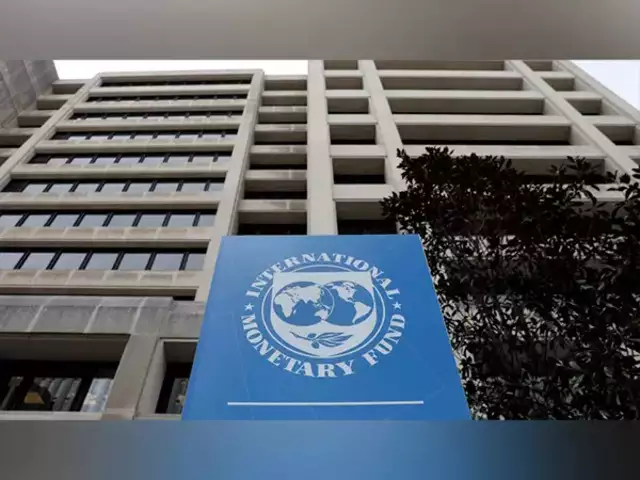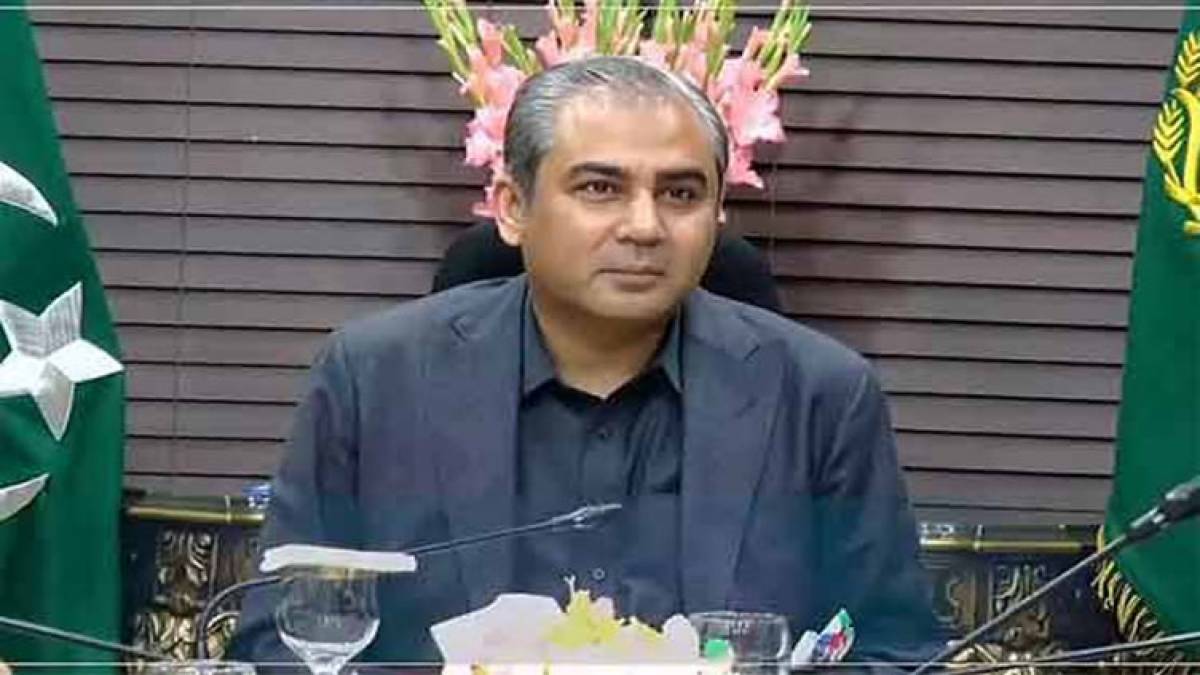PTBP Web Desk
The United States has voiced concerns over the recent sentencing of Pakistani civilians by military courts for their involvement in the May 9 riots of 2023. These sentences have also drawn critical responses from the European Union (EU) and the United Kingdom (UK), highlighting concerns about fair trial rights and due process.
In a post on X (formerly Twitter), Matthew Miller, spokesperson for the US Department of State, expressed Washington’s unease over the development. Miller urged Pakistani authorities to ensure adherence to the principles of fair trial and due process, emphasizing the importance of respecting fundamental human rights in legal proceedings.
This public statement reflects ongoing scrutiny from the international community regarding Pakistan’s handling of the aftermath of the May 9 riots, particularly the decision to prosecute civilians in military courts.
The European Union also weighed in, raising serious concerns about the compatibility of these verdicts with Pakistan’s obligations under the International Covenant on Civil and Political Rights (ICCPR).
In a statement issued by an EU spokesperson, it was noted that the sentencing of civilians by military courts is “inconsistent” with Pakistan’s commitments under the ICCPR. The statement underscored Article 14 of the ICCPR, which guarantees the right to a fair and public trial before an independent, impartial, and competent court.
The EU further highlighted the need for adequate and effective legal representation, stressing the importance of upholding international human rights standards.
Similarly, the UK’s Foreign, Commonwealth & Development Office (FCDO) echoed these concerns. While acknowledging Pakistan’s sovereignty over its legal matters, an FCDO spokesperson emphasized that civilian trials conducted in military courts lack transparency, independent oversight, and undermine the right to a fair trial.
The spokesperson called on Pakistan to honor its obligations under the ICCPR and ensure that all individuals are afforded their fundamental legal rights.
The concerns from the US, EU, and UK come after Pakistan’s military courts sentenced 25 civilians to imprisonment for their alleged involvement in violent attacks on military installations during the May 9 riots.
According to a statement from the Inter-Services Public Relations (ISPR) on December 21, 2024, the sentences range from two to 10 years. These individuals were convicted by Field General Court Martial (FGCM) after a comprehensive examination of evidence and adherence to legal procedures, as claimed by the ISPR.
The ISPR clarified that the sentencing marked the first phase of the trials. Among the 25 convicted, 14 individuals received 10-year sentences, with many linked to the high-profile Jinnah House attack.
The May 9 riots erupted following the arrest of a prominent political leader, leading to widespread violence and attacks on government and military properties across Pakistan. The events of that day shocked the nation and led to the initiation of military court trials for civilians accused of targeting military installations.
The use of military courts to prosecute civilians has been a contentious issue globally. Human rights organizations and international bodies have repeatedly criticized such trials, citing concerns over their lack of transparency, independence, and impartiality.
The recent reactions from the US, EU, and UK highlight the growing international unease over Pakistan’s decision to try civilians in military courts. While these trials are often justified as necessary for national security, critics argue that they erode trust in the judicial system and violate international human rights standards.
As Pakistan faces mounting international scrutiny, it must navigate these challenges carefully to balance domestic security concerns with its commitments to human rights and international law.
The government’s decision to try civilians in military courts has sparked a critical debate about the rule of law and the protection of civil liberties. Upholding transparency and ensuring independent judicial oversight will be crucial in addressing both domestic and international concerns.




